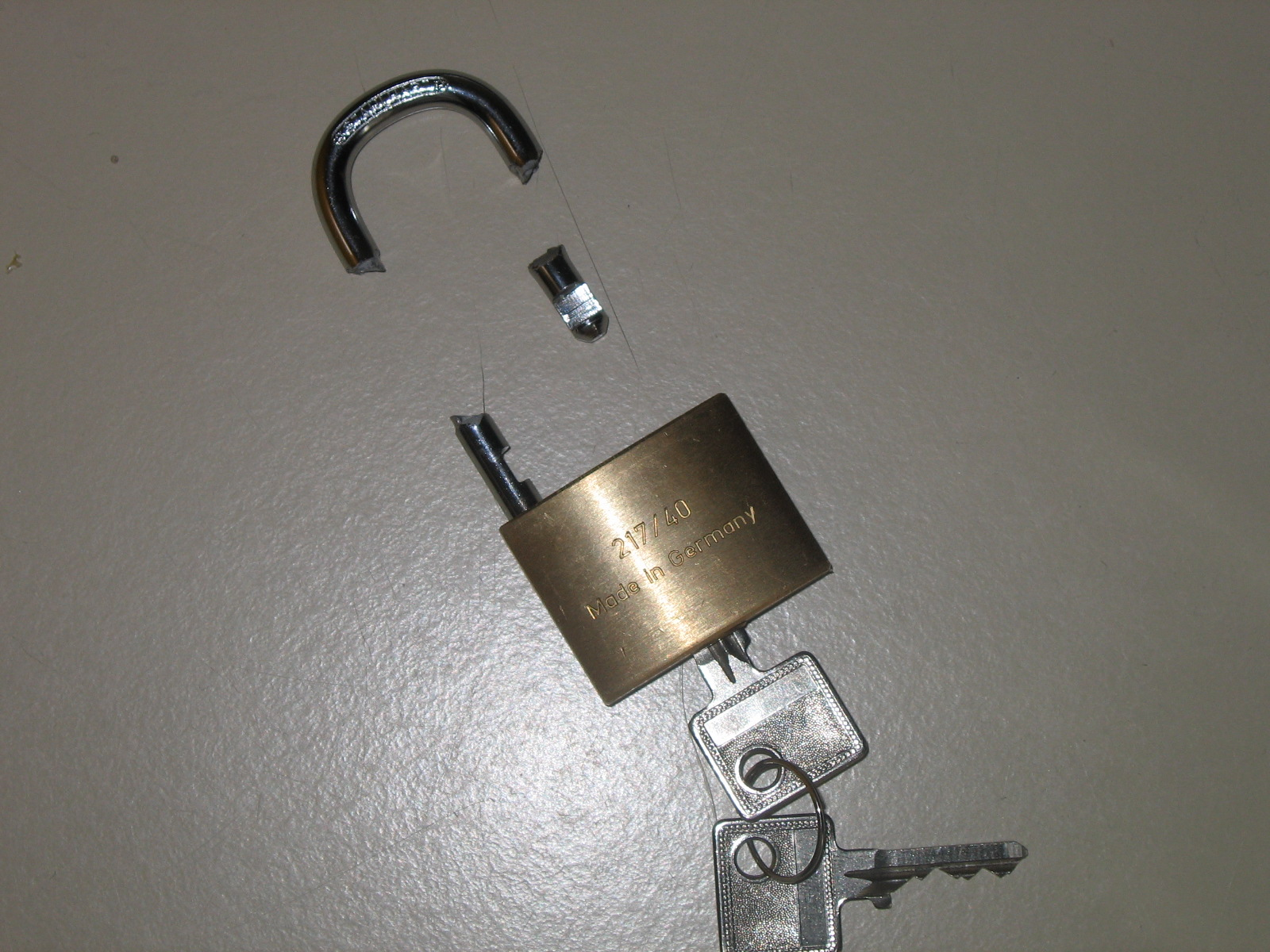The US government should be given some latitude to infringe on citizen’s privacy when it comes to national security. The reason I say some latitude is because this should only pertain to national security, not to daily breaking of laws.
Singh identified on page 293 that privacy for ordinary people has never entailed cryptography until recently. That is because exchanges between people have not been in a public space (the internet) until the internet was available to everyone. Singh also said on page 250 that the government weakened the encryption so that the average person cannot hack it and only they can. There has to be a sense of privacy for the citizens while maintaining security for the country.
The government should be able to computer based algorithms to intercept certain keywords on electronic media that may indicate a national threat. This process should be done by a computer with no human interaction, however, once a threat has been flagged it would allow someone to evaluate whether intervention is necessary. The government employees should not be allowed to individually eavesdrop on standard communications without a warrant, but if it is computer automated it should be allowed. If the infraction is anything that is not a national security issue, it should be ignored, no matter how severe the law being broken. This discrepancy should keep a balance between security and privacy.
At the end of the day we all have to trust our government; As long as the government is out to protect our national security and not to prosecute the citizenry, the balance will work.










